It has become my nightly habit to take a half-hour walk around my Denver neighborhood, during which time I have come to notice a number of homes displaying the American flag. There aren’t as many as there were following September 11, 2001, but there are still a quite a few. I also see a number of “Support Our Troops” bumper stickers, as well as some that express a less troop- or mission-friendly sentiment. That’s America for you––where people can generally express differing sentiments without worrying about being blown up by some psychopath with a belt fashioned from C-4.
On these nightly walks, as I reflect upon the current war (not “wars,” as some in the media portray the fight against the jihadists; I view it as one war, with several “theaters”), I try to picture the neighborhood as it might have appeared 65+ years ago when the world was engaged in another titanic struggle. If there were any pacifist sentiments back then, they were not displayed on bumper stickers or yard signs.
The nation back then was truly united, with no thought of bringing the troops home before victory had been achieved. Everyone served the national interest––whether it was in uniform, volunteering at a hospital, buying war bonds or stamps, working in a war plant or at a war-essential job (such as farming), or collecting scrap to be turned into war matériel. Young, seemingly healthy men who weren’t in uniform could expect to be confronted on the street by persons inquiring about their draft status.
Yes, the nation was very personally invested in victory then. Members of Congress were committed to doing whatever was necessary to help the nation win the war, not squabbling among themselves like petulant schoolchildren. Our president did not announce a cut-off date at which time he would pull troops from the battlefront (and give the enemy hope that they could outlast us). The choice was between victory or defeat; there was no middle ground, no “politically correct” stance that some felt needed to be taken, no reason not to call the enemy the enemy. The “bad guys” were out to destroy us unless we destroyed them first.
It was everybody’s war, and everybody had to sacrifice something because, if the Allies were victorious, we would all win something of great value. Conversely, if the Allies lost, the civilized world would be plunged into an abyss that would have made the Dark Ages look like the Renaissance.
Perhaps that is one reason why this magazine is so valuable. It is not only a history lesson but it is also a future lesson; ignore what has happened in the past and you’re likely to see it repeated. Go to war without the will to fight it—and win it—and you will most certainly lose (or, in the case of Korea, have it end in a stalemate). Vietnam proved that adage to be true.
Every nation that fought in World War II did so expecting to win it. The will was there. The arms were there. The courage was there. So why did one side win and the other side lose? Manpower superiority? Technical superiority? Moral superiority? The answers are many, and varied. Everyone has his or her own theory.
But what about our current conflict? Is it just a localized conflict in some dusty, far-off corner of the world being fought by mercenaries and volunteers, tribesmen with improvised explosives versus the most technologically advanced army in history, people wearing explosive vests who want to die fighting against people with flak vests on who want to live? Is anyone but those who are doing the fighting—and their loved ones back home—doing any sacrificing in order to win it?
No doubt some of you reading this editorial didn’t agree with former President Bush’s decision to take on Saddam Hussein, Al Qaeda, and the Taliban extremists that has touched off the war in the Iraq and Afghanistan theaters of operation. As citizens of a free country, that is your prerogative. I won’t go into all the reasons that I believed then (and still believe) it was the right decision.
Ernest Hemingway wrote, “Once we have a war there is only one thing to do. It must be won. For defeat brings worse things than any that can ever happen in a war…. We must win it at all costs and as soon as possible.” He was writing about World War II. He might just as well be writing about our current struggle.
Nobody likes war (including people like your editor, who served in Vietnam), but war’s power to change lives, empires, regimes, nations, and the course of history cannot by denied. Until humankind learns how to live in peace, we will need armies. And we will continue to need the soldiers and historians to tell their stories about war. As General George S. Patton, Jr., so eloquently put it, “Compared to war, all forms of human endeavor shrink to insignificance.” Sad but true.
And now it’s time for my nightly walk.
—Flint Whitlock, Editor
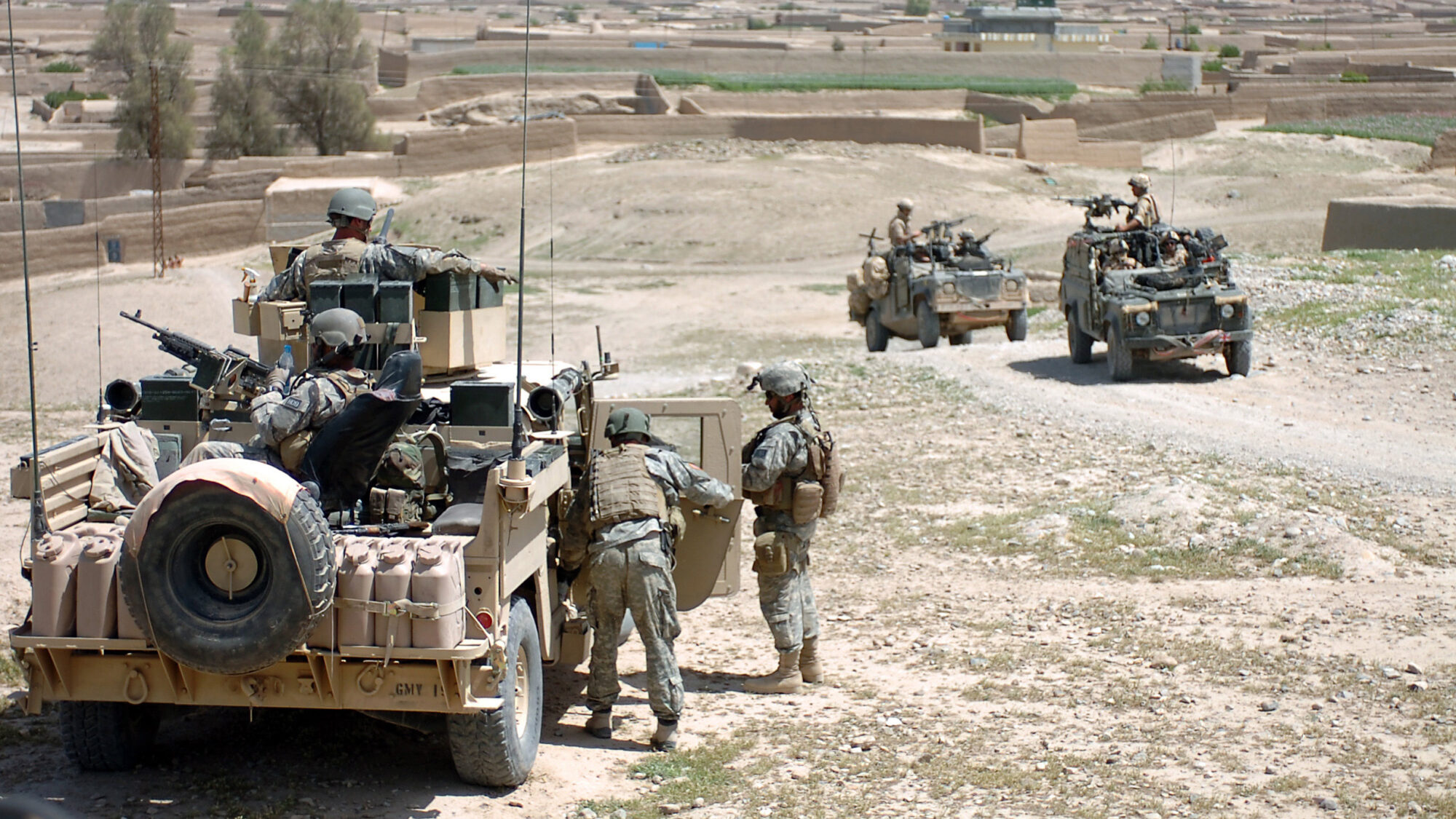
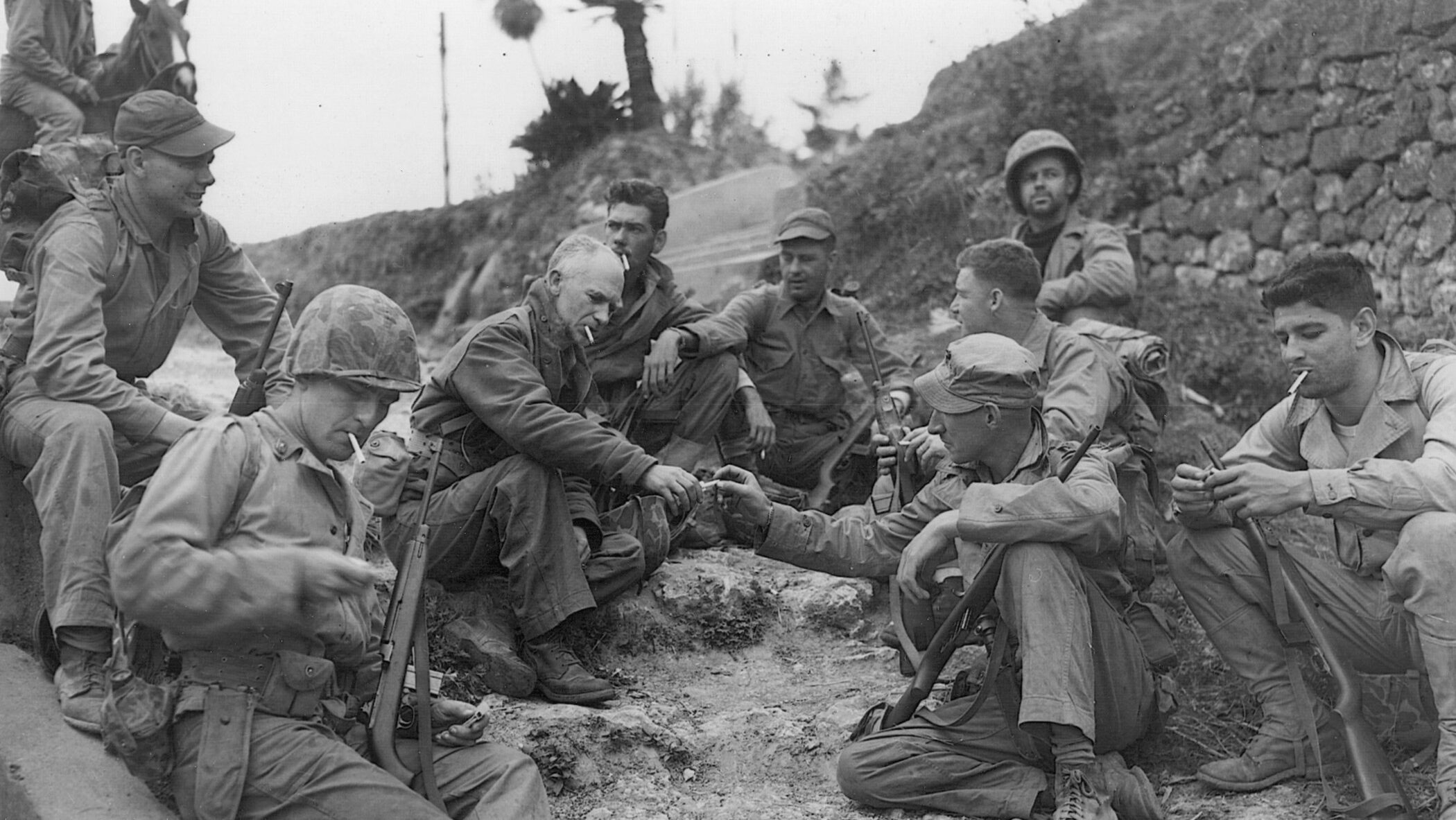
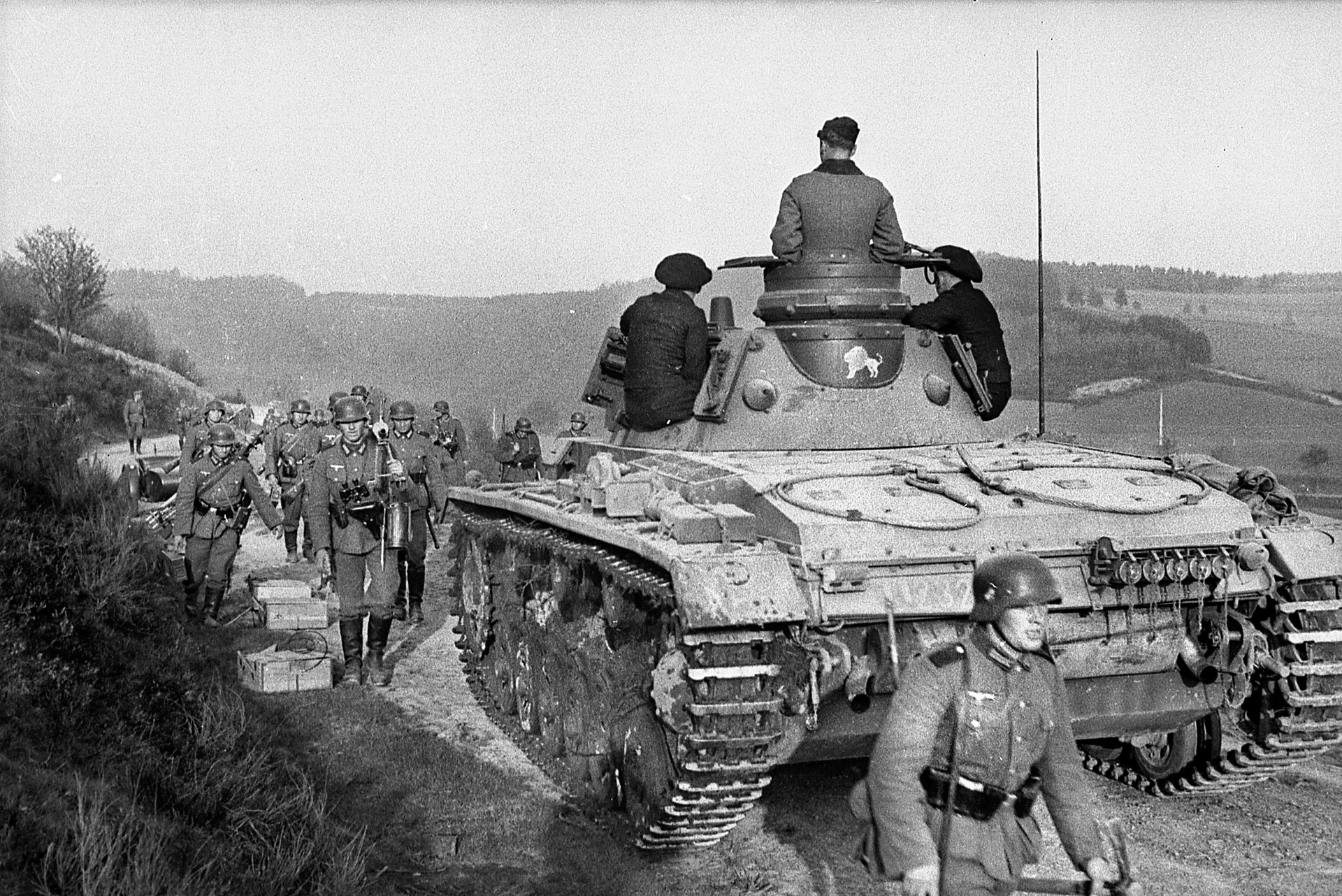
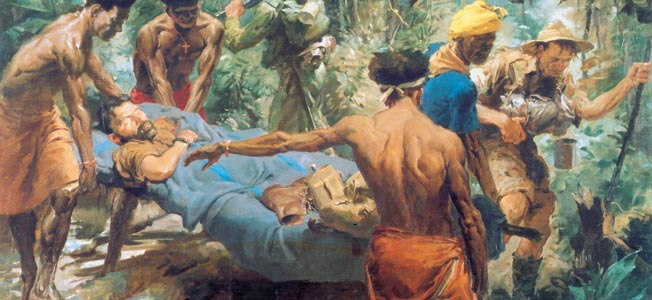
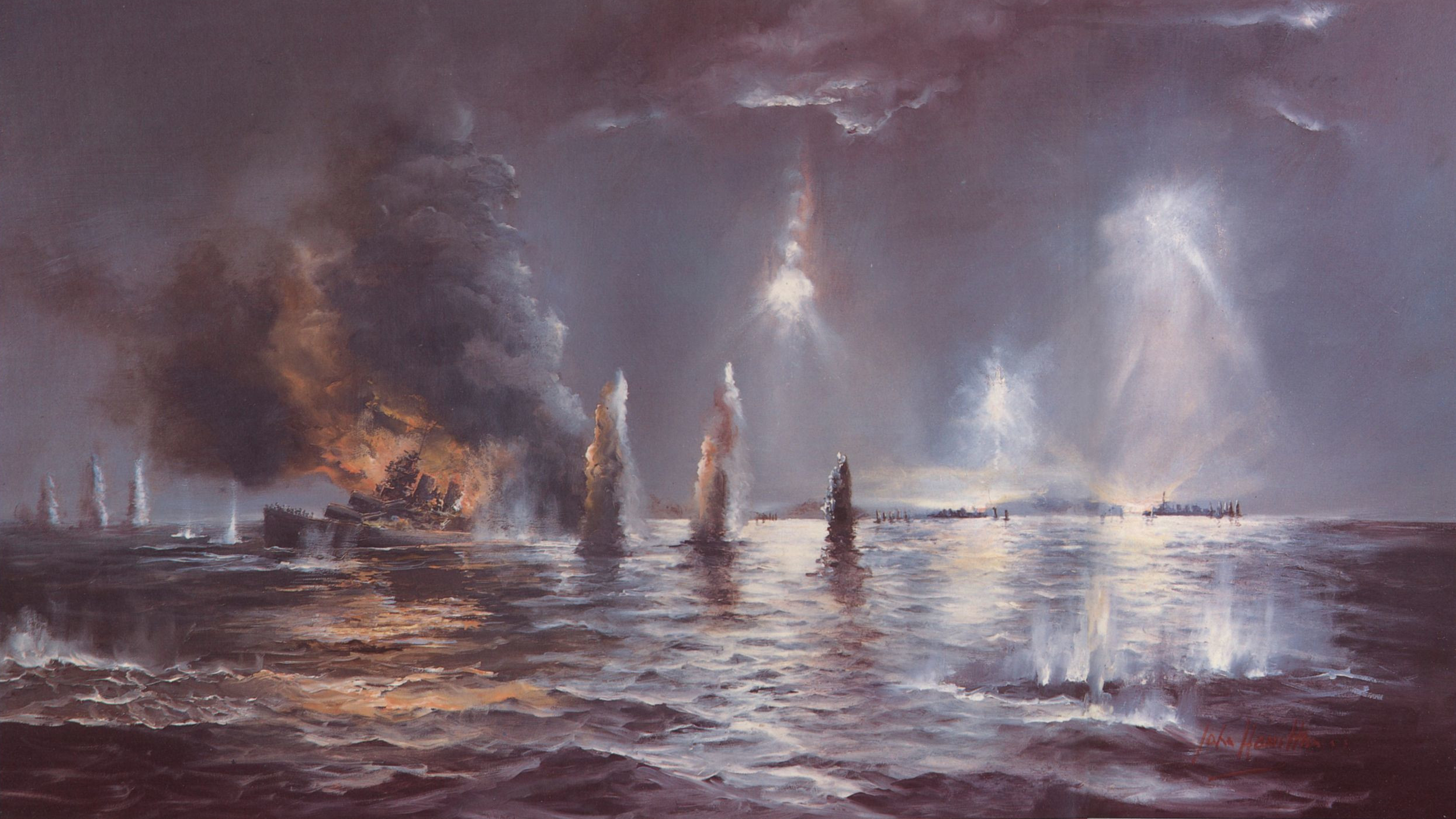
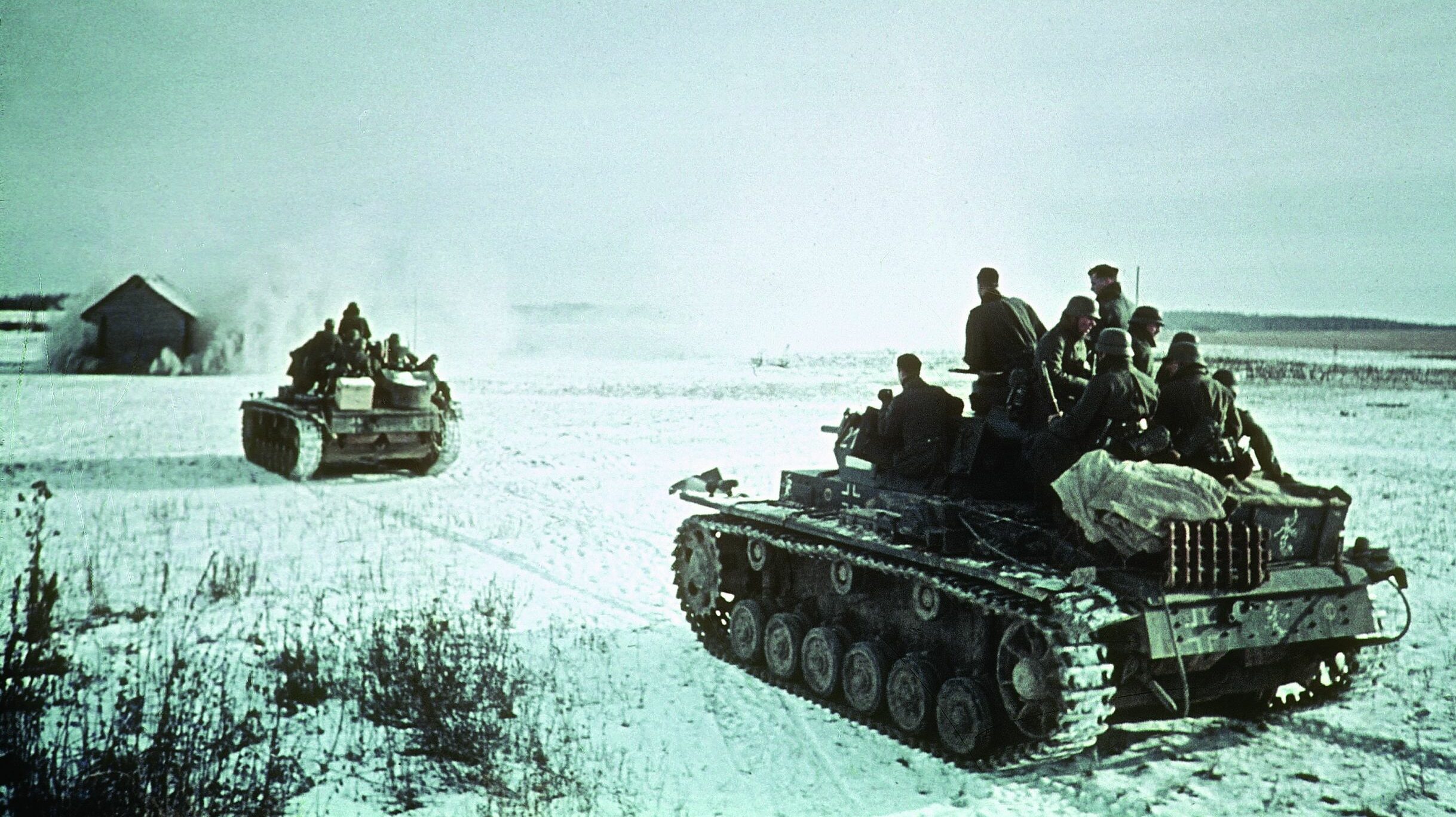
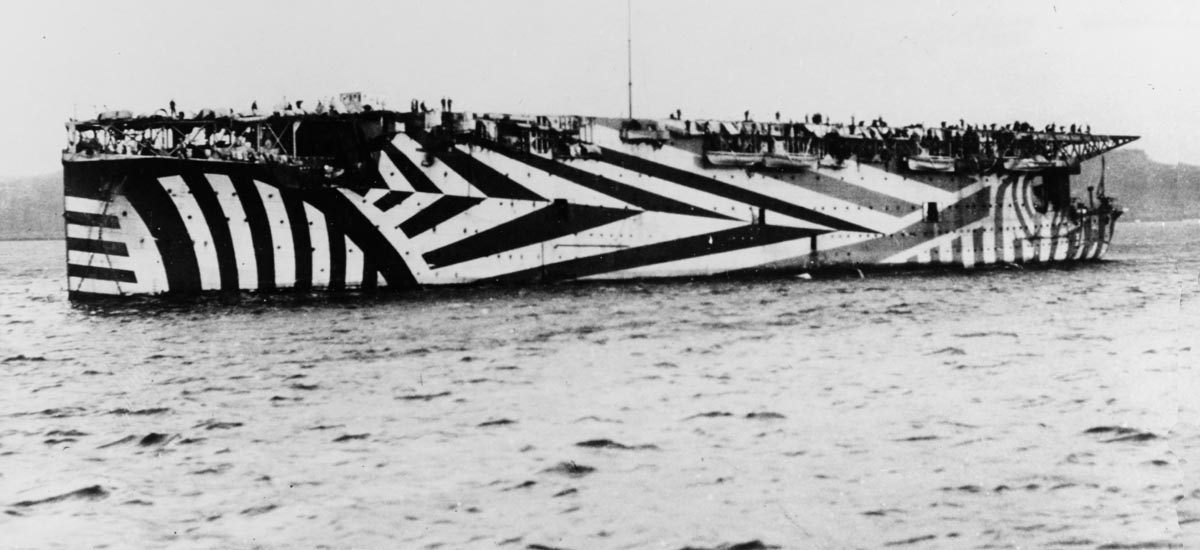
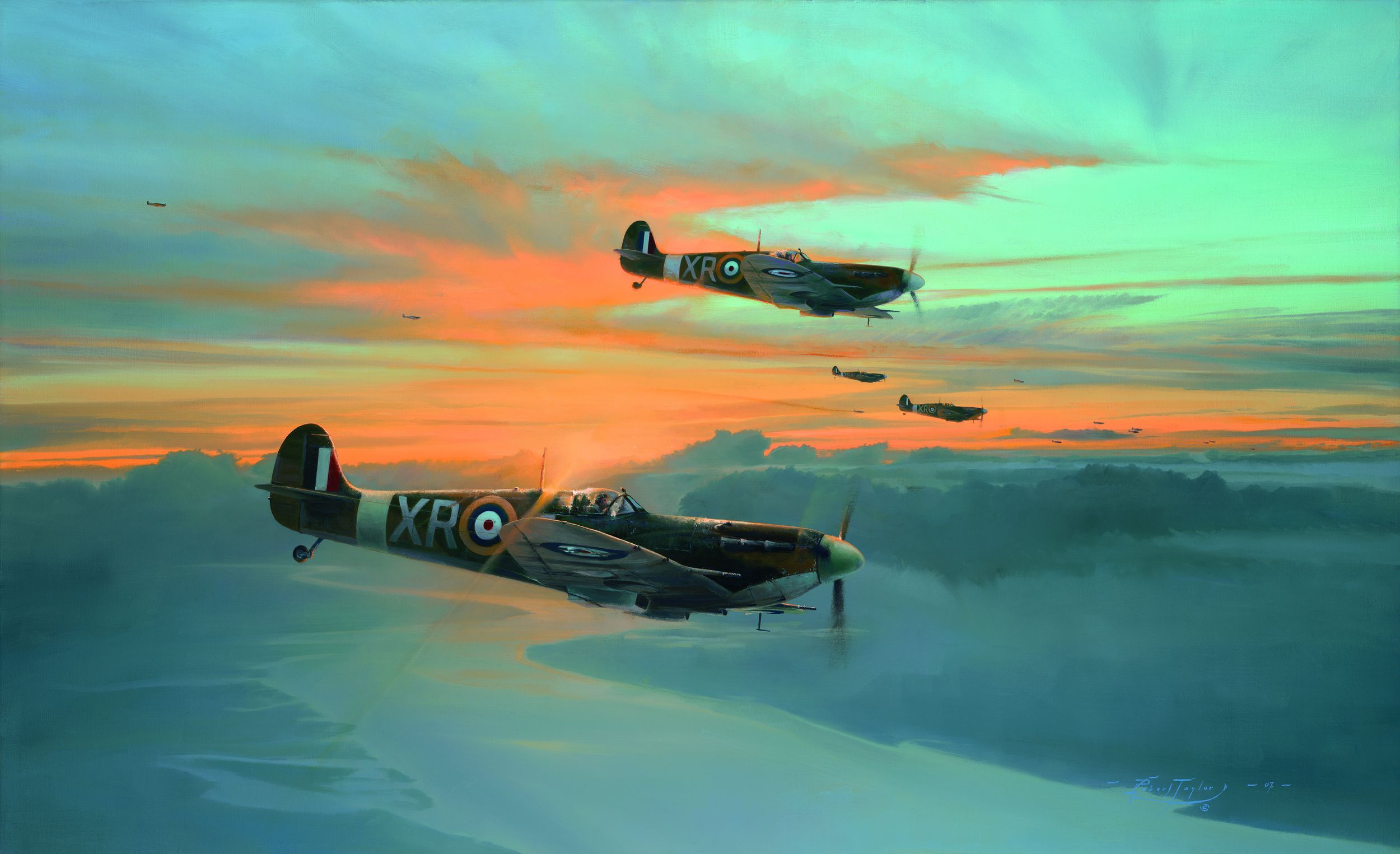
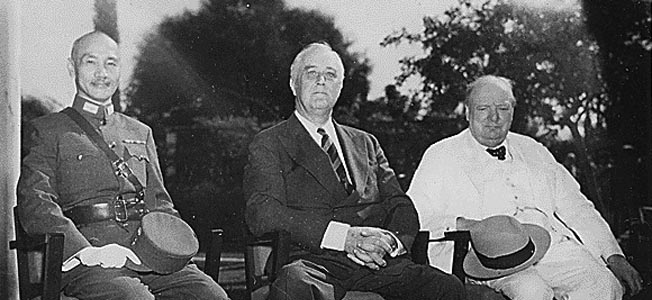
Join The Conversation
Comments
View All Comments